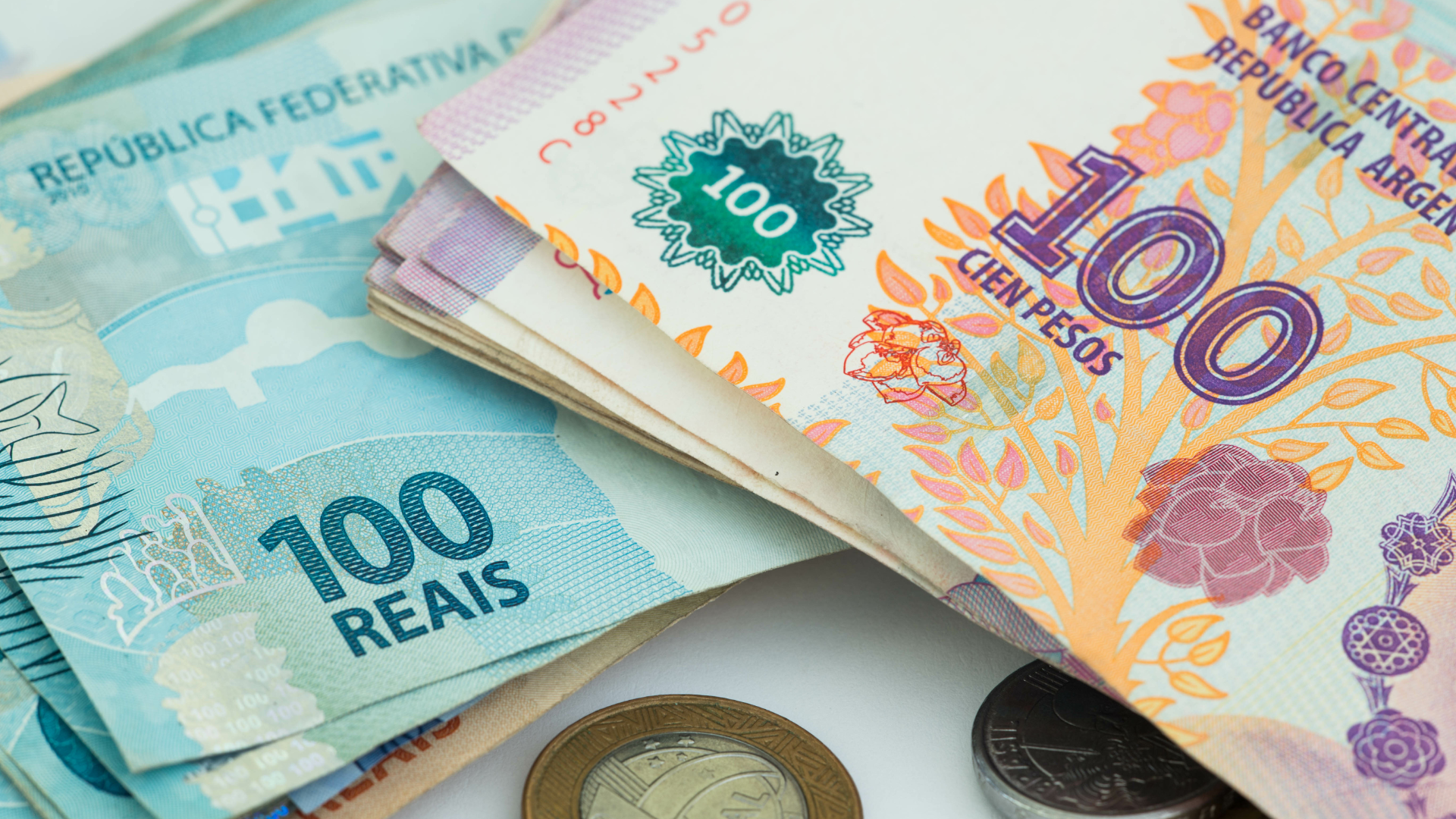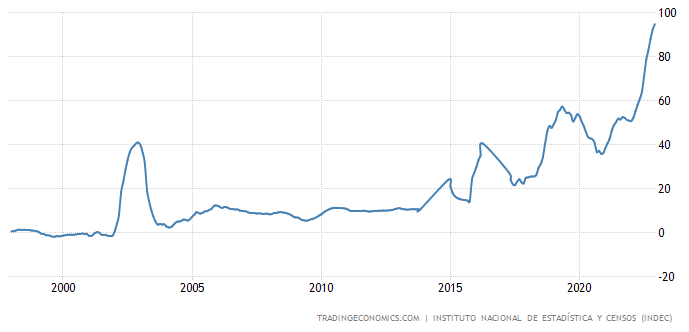Market Update: Argentina to Buy Back $1 Billion in Foreign Debt
Sergio Massa, the Minister of Economy for Argentina announced a USD$1 billion bond buyback last week, as the nation looks to send a positive signal to markets.
Announced last week, Argentina is set to repurchase overseas bonds equivalent to over USD$1 billion to improve its debt profile. Argentina’s $16.1 billion in international bonds due in 2030 rose 2.5 cents to 35.5 cents. This is the highest Argentina’s bonds have been since October 2021.
The international bonds due in 2030, as well as the ones maturing in 2029, are the bonds that the Central Bank of Argentina (BCRA) plans to repurchase, as indicated by Sergio Massa, the Minister of Economy for Argentina.
Massa indicated this decision could help improve Argentina’s access to capital markets as the nation seeks to replenish foreign currency reserves and tame soaring inflation.
This move is seen as a “window of opportunity” according to Massa. Specifically, this opportunity is for companies looking to repatriate funds out of the country and are looking to decrease the financial loss associated with the Blue Chip Swap.
Massa continued, "undoubtedly over the next few months, by inviting the private sector to accompany the Argentine state in this job of improving its [debt] profile, we will carry out other measures like the one we are taking today.”
Central Bank of Argentina Raises Rate for Swaps Operations
The bond buyback announcement is accompanied by the BCRA increasing the rate for swaps operations by 200 basis points.
Miguel Pesce, the President of the BCRA officially stated that “the rate for one-business day passive repo operations is 72%, while for one-business day active operations it is 97%.”
Buying back bonds in dollars while raising the repo rate in pesos should push bonds to rise more in dollars than in pesos.
When the prices of sovereign bonds in dollars rise more than the prices of those same bonds that are traded in pesos, the implicit spread falls and in this case, the spread decreased from 98% to 92% following Massa’s announcement.
Massa reported that December’s primary deficit reached AR$502 billion (USD$2.7 billion). This totals roughly 2.4% of Argentina’s Gross Domestic Product (GDP), closely in line with the International Monetary Fund’s (IMF) target of 2.5%.
In terms of inflation, wholesale prices in December are signaling a higher Consumer Price Index (CPI) for January. The National Institute of Statistics and Census of Argentina (INDEC) recorded a 6.1% month-over-month increase in the Wholesale Prices Index (IPIM), accumulating a total CPI of 94.8% in 2022.
It is likely that Minister Massa will not be meeting his goal of a single percentage point reduction for headline CPI. Argentina’s annual inflation now sits at its highest rate in more than 30 years.
Argentina’s inflation rate over the last 25 years. (Source: tradingeconomics.com).
Brazil and Argentina In Early-Talks Over Common Currency
In related news, Brazilian President Luiz Inácio Lula da Silva, more commonly known as ‘Lula,’ made his first international appearance since taking office with a trip to Buenos Aires on Monday.
The primary discussion between Lula and Argentine President Alberto Fernández focused on the establishment of a shared unit of value for bilateral trade to reduce reliance on the U.S. dollar.
The discussion is in its early stages, but the purpose behind the talks is to boost bilateral trade with more Brazilian export financing, backed by Argentina’s international collateral.
Included in the talks is the establishment of a working group to determine the viability of a single clearing account for South America.
As many of our clients can testify, Argentina is a country of great uncertainty, and it has never been more important to work with an advisory team with years of experience in this space and an understanding of what's happening on the ground in Argentina.
We continuously monitor the economic situation in the country to find creative solutions around these new restrictions that your company might like to evaluate.
If you would like to talk about these alternatives or have any questions about today’s Market Update, you can call us at 604-643-0101 or email cashgroup@cgf.com.
Market Updates
Our market commentary breaks down the latest business, financial and money news. If you’d like to receive all of our market update emails, send us an email by clicking the subscribe button. If you found this content helpful, share it widely!


